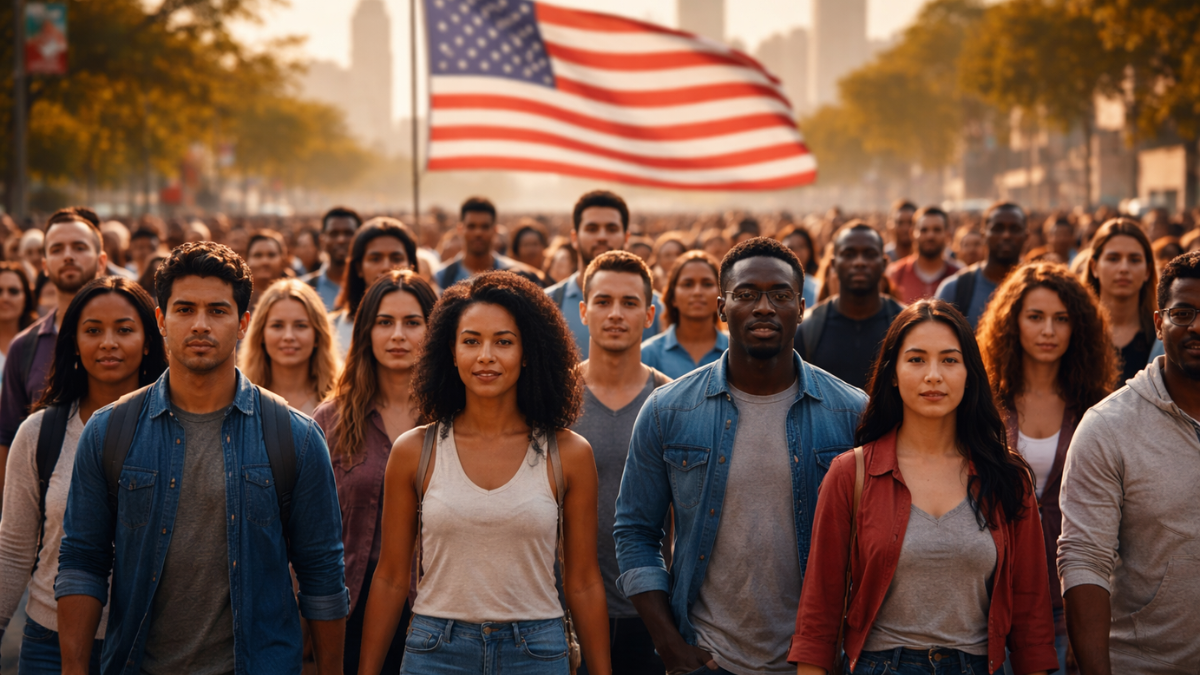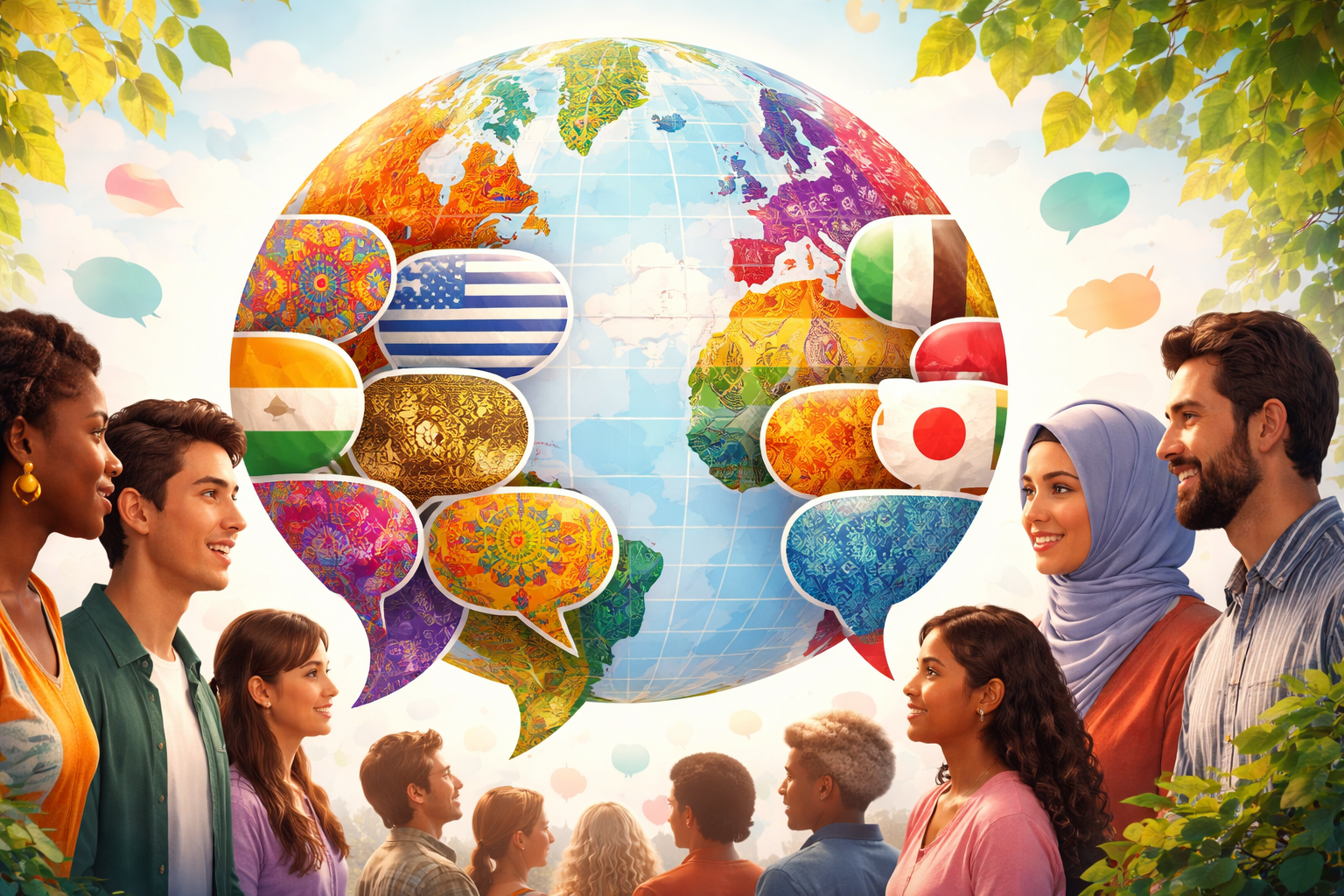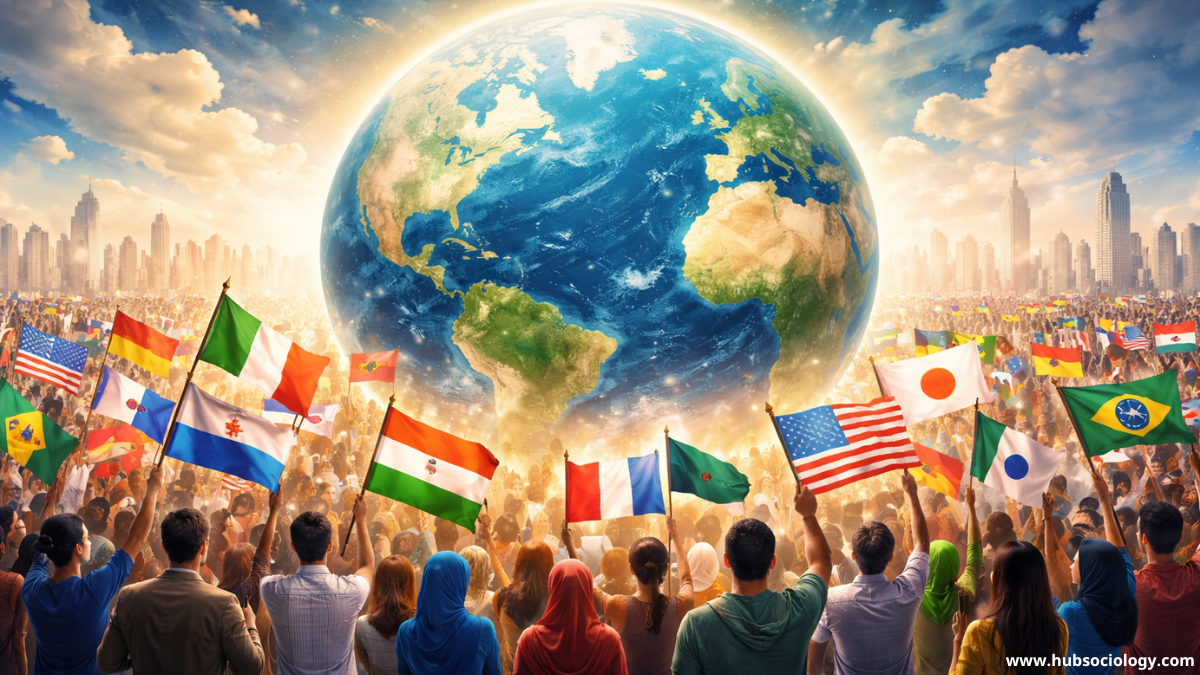Is America a Post-Racial Society? A Sociological Examination
Introduction The idea of a “post-racial society” gained global attention in the early twenty-first century, particularly after the election of Barack Obama as President of the United States in 2008. Many commentators claimed that America had finally moved beyond race, discrimination, and structural inequality. According to this view, race no longer significantly shaped social opportunities, … Read more









